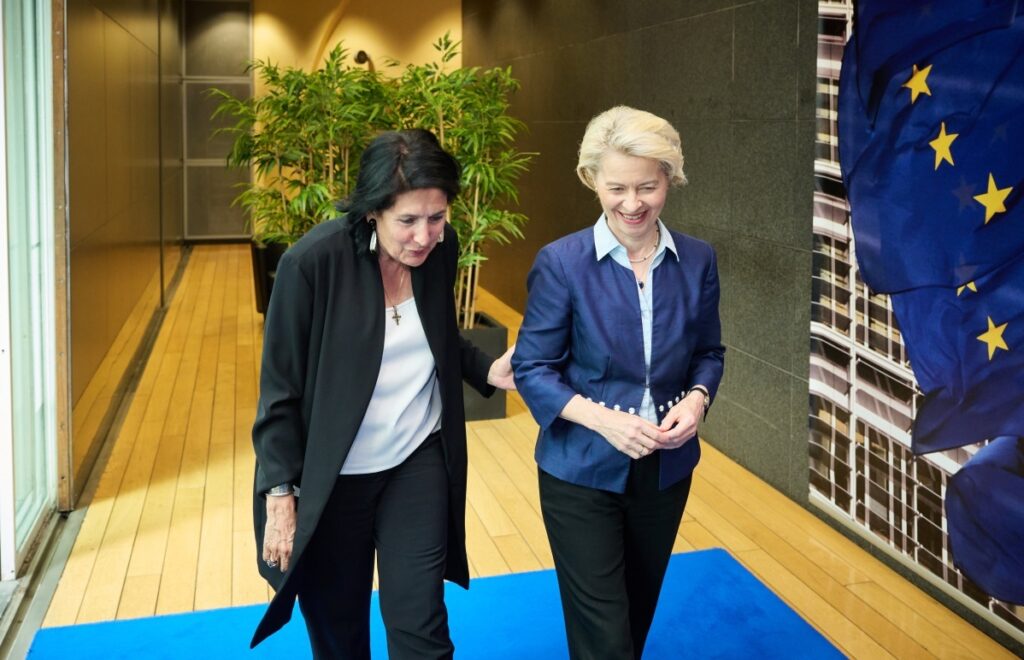Doom and gloom for Georgia’s EU candidacy?
More than a year has passed since Georgia submitted its application to obtain EU candidate status. The announcement followed a similar move by Ukraine in the wake of the Russian aggression, which led to a historic opportunity for other countries which aspired to obtain EU membership. Soon, Moldova demonstrated its interest in applying for candidacy as well.
November 19, 2023 - Soso Dzamukashvili


































